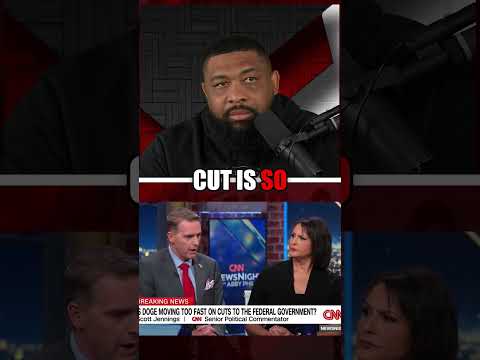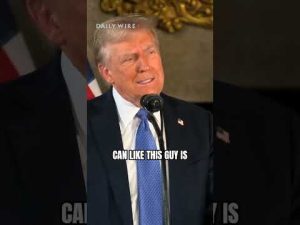In recent discussions surrounding government job cuts, a stark divide has emerged between conservative principles advocating for efficiency and the apprehension displayed by many who fear the consequences of substantial layoffs. A significant proposal has surfaced concerning potential layoffs from various government branches, with commentary highlighting the urgency and necessity of these cuts. The critics of the bloated government argue that these drastic measures are essential to create a more streamlined and effective public sector, while those affected express genuine concern over the implications for their livelihoods and local economies.
The reality is that American cities, like Kansas City, have become overly reliant on a hefty federal workforce, creating a scenario where government jobs prop up local economies to an unsustainable degree. The size and scope of government in the United States have ballooned over the decades, and trimming this fat is not only necessary but also a mandate from the American people. Tough decisions must be made, and the notion that all government jobs are vital is a myth that needs debunking. Indeed, streamlining government operations could lead to both increased efficiency and savings for taxpayers.
Critics of the cuts may cling to the erroneous belief that laying off government employees is a reckless move that could devastate communities. However, the truth is that if these positions are indeed unnecessary or merely exist to sustain an oversized bureaucracy, then their elimination should be seen as a positive step towards responsible governance. Government should focus on providing essential services rather than maintaining unnecessary jobs just to keep people employed. This approach sends a clear message: efficiency and accountability must come before job preservation in sectors where productivity is lacking.
Supporters of these cuts point out that many government roles are often redundant, underperforming, or no longer relevant in an evolving economy. The argument follows that just as businesses need to adapt and often reduce their workforce to survive, so too must government entities. Having a workforce that reflects the realities of today’s needs will lead to a more responsive and responsible government that better serves its citizens. After all, if the private sector can thrive on innovation and efficiency, so too should the public sector.
In the end, adopting a no-nonsense approach to government cuts, while difficult, is a stark necessity in rejuvenating the American economy and enforcing the principle of accountability in government spending. Facing potential hardships is part of the broader picture that prioritizes a leaner, more efficient government structure. The path forward might be challenging for some, but ultimately, fewer unnecessary jobs will lead to a healthier economic environment for everyone, ensuring that public resources are directed where they are genuinely needed rather than being squandered on bureaucracy. Thus, the conversation must shift from fear of cuts to an embrace of a more efficient, accountable, and sustainable government for all citizens.



